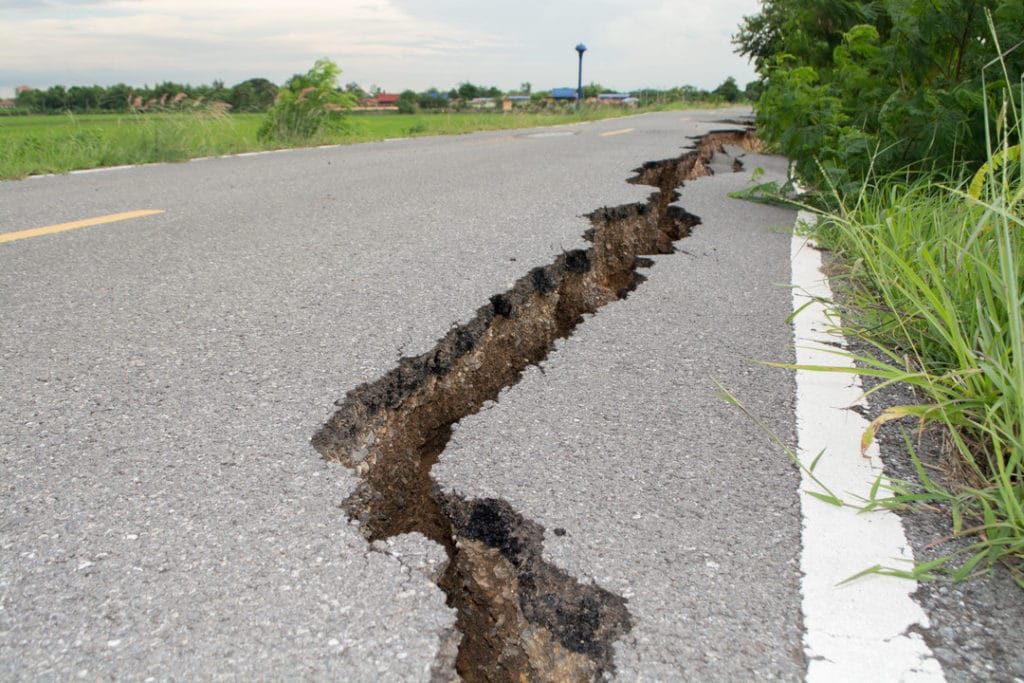
4 quakes jolt Nepal: Why India's earthquake risk management is important

An earthquake is a natural disaster that cannot be predicted. However, seismologists can estimate where earthquakes may be likely to strike by calculating probabilities and forecasts. Scientists can get additional information by digging trenches to examine the geological record of earthquake ruptures in ancient history.
Earthquakes, often followed by tsunamis if the epicentre is at the seabed, however, create colossal destruction and loss of life. That loss can be partially minimised by creating awareness among people of its mitigation tactics and risk management measures.
Recently, between November 9 and 15, Nepal witnessed four earthquakes and as a result tremors were felt in north India including Delhi and NCR.
Also read: Six dead as earthquake hits Nepal
On Tuesday (November 15), an earthquake of magnitude 4.2 occurred in Nepal. This was after a 5.4-magnitude earthquake struck the country on Saturday (November 13). On Wednesday, a 6.6-magnitude tremor had killed six people in the Himalayan nation. The next day (November 10), a 4.1-magnitude quake had hit Nepal.
In the wake of earthquakes in Nepal, the Indian government’s workshop on earthquake risk management is a significant one.
A five-day ‘Training of Trainers Programme on Earthquake Risk Management: A Community-based Approach’ was inaugurated on Monday (November 14) at the National Council of Educational Research and Training (NCERT) Auditorium, New Delhi.
Also read: Earthquake of 4.2 magnitude jolts Ladakh
The ongoing workshop is jointly organised by Vigyan Prasar, an autonomous organisation of the Department of Science and Technology, Government of India, and the National Institute of Disaster Management (NIDM), MHA.
The training will unveil pathways for more advanced training for urban preparedness along with the emergency response to earthquakes and other such disasters.
During the inaugural session, Dr. AA Khan of NIDM explained the basic concepts of earthquake risk mitigation while interacting with the participants.
Experts from varied fields will discuss pertinent issues like earthquake early warning systems, fire safety and mitigation, community response, psychological challenges and preparedness for disaster, structural and non-structural mitigation measures, earthquake-safe schools, etc.
A team of experts from the National Disaster Response Force (NDRF) will organise a session on First-aid and CPR after an earthquake to sensitise the masses on the preventive measures.
An important issue often overlooked during any disaster is ‘communication and disaster risk management’. A session has been planned on this so that people understand the importance of keeping communication effective and avoiding creating panic or rumours. The workshop ends tomorrow (November 18).


